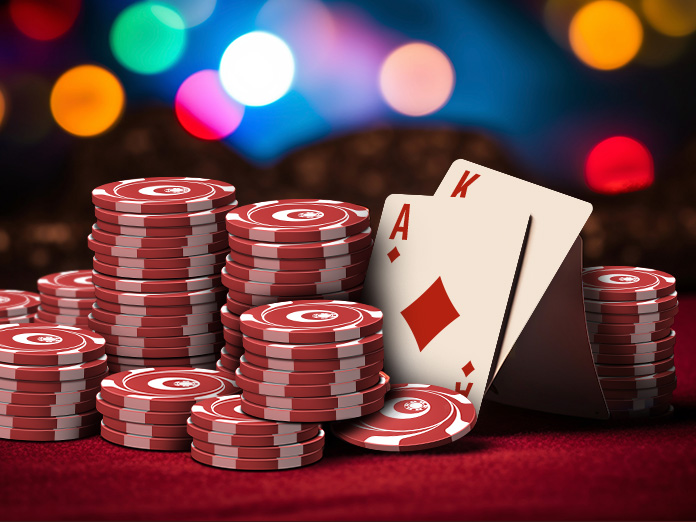Hello and welcome to the PokerCircle blog. In today’s post, we will be looking at an interesting part where neuroscience and poker strategy meet. Having knowledge of the functionality of your brain is an added advantage especially when in the field trying to win some cash prizes. So let’s explore how dopamine and decision loops affect your poker game.
The Dopamine Hit: Reward and Risk
The brain uses dopamine as a neurotransmitter, which is linked to pleasure, motivation, and reward. This part of the brain is always at work when one is playing poker. When a person wins a hand by having good cards or successfully bluffs the opponent or just makes a planned sensible call he may experience such a feeling because his dopamine level increases, creating a feeling of satisfaction.
The behaviour that resulted in the reward is further reinforced by this “dopamine hit”. Whenever a high-stakes bluff is successful, the dopamine rush may increase one’s confidence to make comparable bluffs in the future, although they are not reasonable. This neurobiological reaction awareness can help one start being less biased.
The Decision Loop: Observe, Evaluate, Act
A decision loop is something that our brains always create naturally:
- First, you see the information such as the community cards, moves made by other players and their possible giveaways. Secondly, you process the received data and take into account the probability, pot odds and your card’s value. Lastly, you act and decide whether to wager, call, raise or fold.
- This loop continues in every poker game. At times the dopamine system may disrupt it. A recent victory (resulting in dopamine release) could cause less objective assessment during the following hand thus increasing willingness to take risks.
How Dopamine Impacts Your Poker Decisions
Chasing Setbacks: When one wants to recover from setbacks, they may make quick choices hoping that they will win and get a high through dopamine. As a result, this makes many people play with the wrong hands or even place very huge wagers.
Overconfidence After Wins: When someone keeps on winning, they may begin to feel unbeatable because their brain releases more dopamine. As a result, such individuals might take too many risks by playing even when they have weak cards or being very irrational in their play.
Fear of Missing Out (FOMO): The sight of other people winning may also stimulate the need for a dopamine rush which in turn produces calling stations – players who make calls when they should fold. It is important to understand the poker rules, however, it is the control over such nervous signals that distinguishes between average and excellent players.
Conclusion
If you understand how dopamine works together with the decision loop, then you will be in a better position to know your biases. Therefore, this will help you in making logical and beneficial decisions, especially when playing poker. Keep getting better, pay attention, and enjoy your games at PokerCircle!

